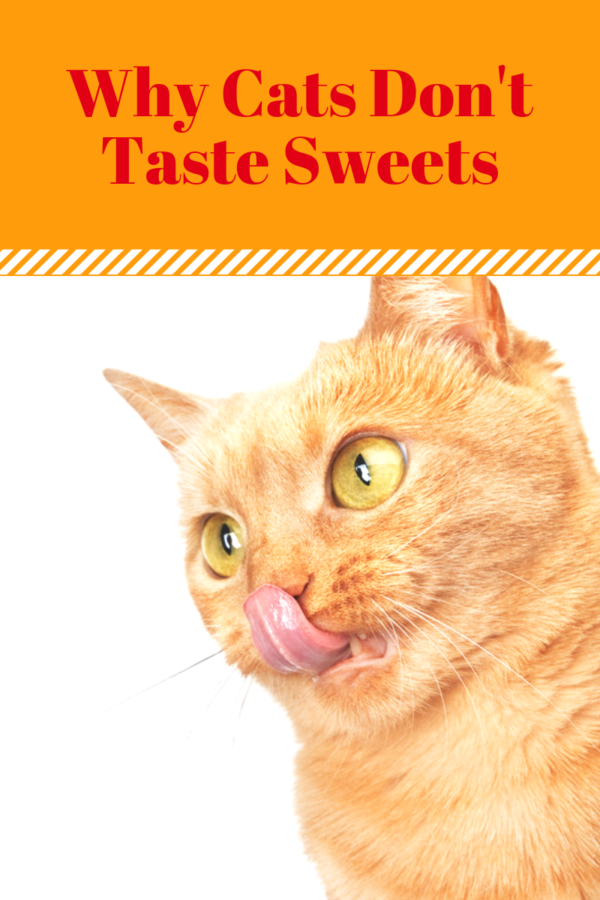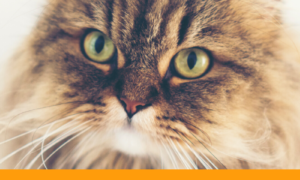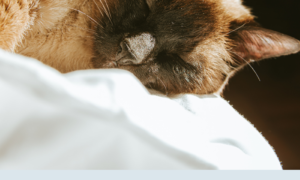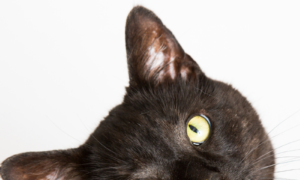Cats are meat eaters, but it isn’t for reason you might think. Their taste receptors react to meats and the fat they contain, so that’s what cats crave. Because of this, sugar and carbohydrates that turn to sugar don’t cue a cat’s appetite, so no craving.
Sweet Craving Is Missing
Most mammal’s tongues contain taste receptors. They are proteins on the surface that bind to a substance and activate to send a signal to the brain. A portion of DNA that exists in most mammals to produce the coupled proteins that create sweet receptors are missing in cats.
Why Some Cats May Like Sweets
There are the rare cases of cats that seem to enjoy the taste of something sweet. Scientists believe cats use other receptors to give them the ability to taste sweetness. It is thought a cat’s body converts the taste to one we cannot experience, or since cats can easily detect fat in foods, it’s the fat that attracts some cats.
Although cats don’t taste sweets, they can taste things we cannot. One example is adenosine triphosphate (ATP), the compound supplying energy in every living cell.
Cats Aren’t Alone: Other Animals That Don’t Taste Sweetness
Other animals have a varying array of receptors tailored to their environment. Catfish, for example, have receptors that give them the ability to find minuscule amounts of amino acid in water. This helps them detect rotting food quickly and increases their chances for survival.
At least 36 feline species, along with many other meat eating mammals lack sweet receptors. In addition to not being able to taste sweetness, it is believed cats lack a key liver enzyme that would give them the ability to digest sugars.
Problems That Arise
Although cat’s bodies are not structured to process sugars, many pet food manufacturers include rice or other grains in products. Some cat food may contain as much as 20% carbohydrate, which is converted to sugar in the bloodstream. The feline body is not accustomed to handling such a large amount of sugar, and scientists have theorized this is why cats may become diabetic.
Check out the food you feed your cat, and if the carbohydrate composition is at the 20% level, consider switching to a different food. Consult your vet if you have questions before making dietary changes.






